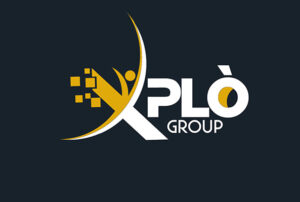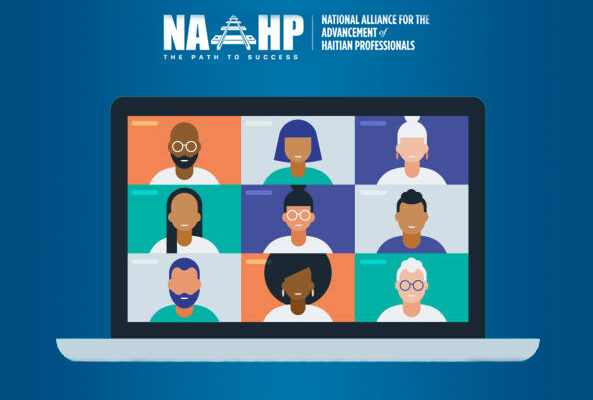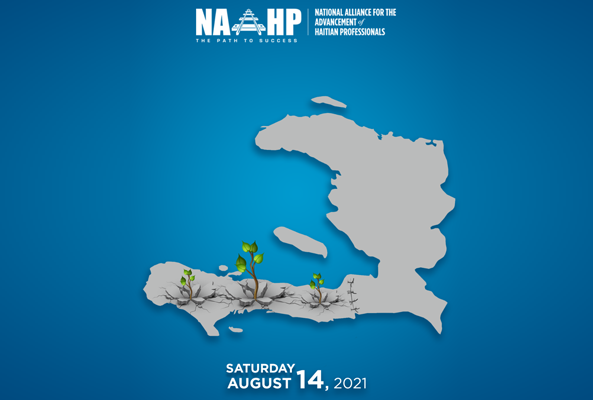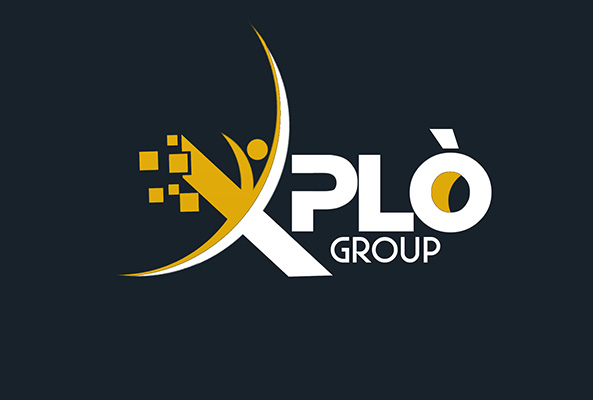
Artificial Intelligence to Analyze Student Performance in Haiti
Haiti has one of the lowest literacy rates in the Caribbean, despite efforts made over the past twenty (20) years. According to a report published by the United Nations Educational, Scientific, and Cultural Organization (UNESCO), about 60.7% of adults in Haiti were literate in 2015. Literacy—the ability to read and write—differs from schooling, which refers to participation in a formal education system, such as a school or educational institution.
Education in Haiti faces major challenges, such as improving the quality of teaching, insecurity, managing overcrowded classrooms, and providing adequate teaching materials.
Artificial Intelligence (AI), based on algorithms and data analysis, gives machines the ability to simulate processes of thinking, learning, decision-making, and problem-solving like a human being. These technological advances open up opportunities to overcome the challenges facing the education system.
The world is evolving. Students must be trained for success. This involves, on one hand, creating an educational environment that promotes the acquisition of relevant knowledge and the skills necessary to thrive in personal, academic, and professional life. On the other hand, it requires efforts to reduce access inequalities, improve teaching quality, consider the diversity of characteristics, needs, learning styles, and experiences among learners, and prepare students to excel in a constantly changing world.
AI has the potential to improve student performance assessment, offering teachers the opportunity to effectively fulfill their mission of evaluating, guiding, and directing students toward success.
According to Bruns and Luque (2014), the teacher is the most significant factor in terms of impact on student performance at the school level—no other variable plays such a significant role.
Challenges in assessing performance in Haiti
Assessment should be seen as a means of providing support to students rather than as a punitive measure. Effective student performance assessment requires skills to identify gaps and determine how to address them. However, traditional assessment approaches face various limitations. Measuring academic performance goes beyond state exam pass rates.
“Publishing exam result rankings could have a motivating effect by encouraging competition among schools, as it would help identify and discuss the main causes of poor performance in order to address them,” explains Jacques Yvon Pierre (2019).
Many schools in Haiti lack the essential infrastructure required to conduct effective assessments. Teaching is primarily in French, while the language barrier poses a significant challenge for evaluating students whose mother tongue is Creole. The lack of development of innovative and effective teaching methods, and the shortage of teacher training, hinder objective student assessment. Furthermore, the absence of data and monitoring makes it difficult to evaluate the effectiveness of educational programs and hinders informed decision-making.
AI for a more comprehensive assessment
Artificial intelligence allows the rapid collection, processing, and analysis of large amounts of data on student performance, improving the quality and accuracy of assessing their skills and gaps. Moreover, it can anticipate students’ future success, helping teachers identify those who need special attention and create support plans tailored to their individual needs. Additionally, it can recommend appropriate teaching resources based on identified needs.
AI can play a central role in exam preparation and foster instant communication between teachers and students. It will also enable teachers to leverage performance analysis to identify areas where they need ongoing training, thereby strengthening their skills in subjects where their students struggle.
Conclusion
Education is referred to as “human capital” because of its fundamental role in development. The question we must ask today is: Should we make strategic leaps or try to catch up with the train?
Artificial intelligence offers enormous potential to improve education in Haiti and adapt it to the needs of students and teachers through performance analysis. By using the tools offered by AI, it will be possible to identify individual needs, better target educational resources, and provide more effective support to students.
However, to fully harness the benefits of artificial intelligence in education, it is essential to provide teachers with adequate training and develop the technological infrastructure necessary for deploying these tools. Additionally, a reliable information system and a strategy involving all stakeholders in the education sector are needed to ensure the coherent integration of these technologies.
References
UNESCO. Artificial intelligence in education
Ryan S. Baker (2021). Artificial intelligence in education: putting the puzzle pieces together

 English
English Français
Français Donate
Donate Partner
Partner Shop
Shop Login
Login









